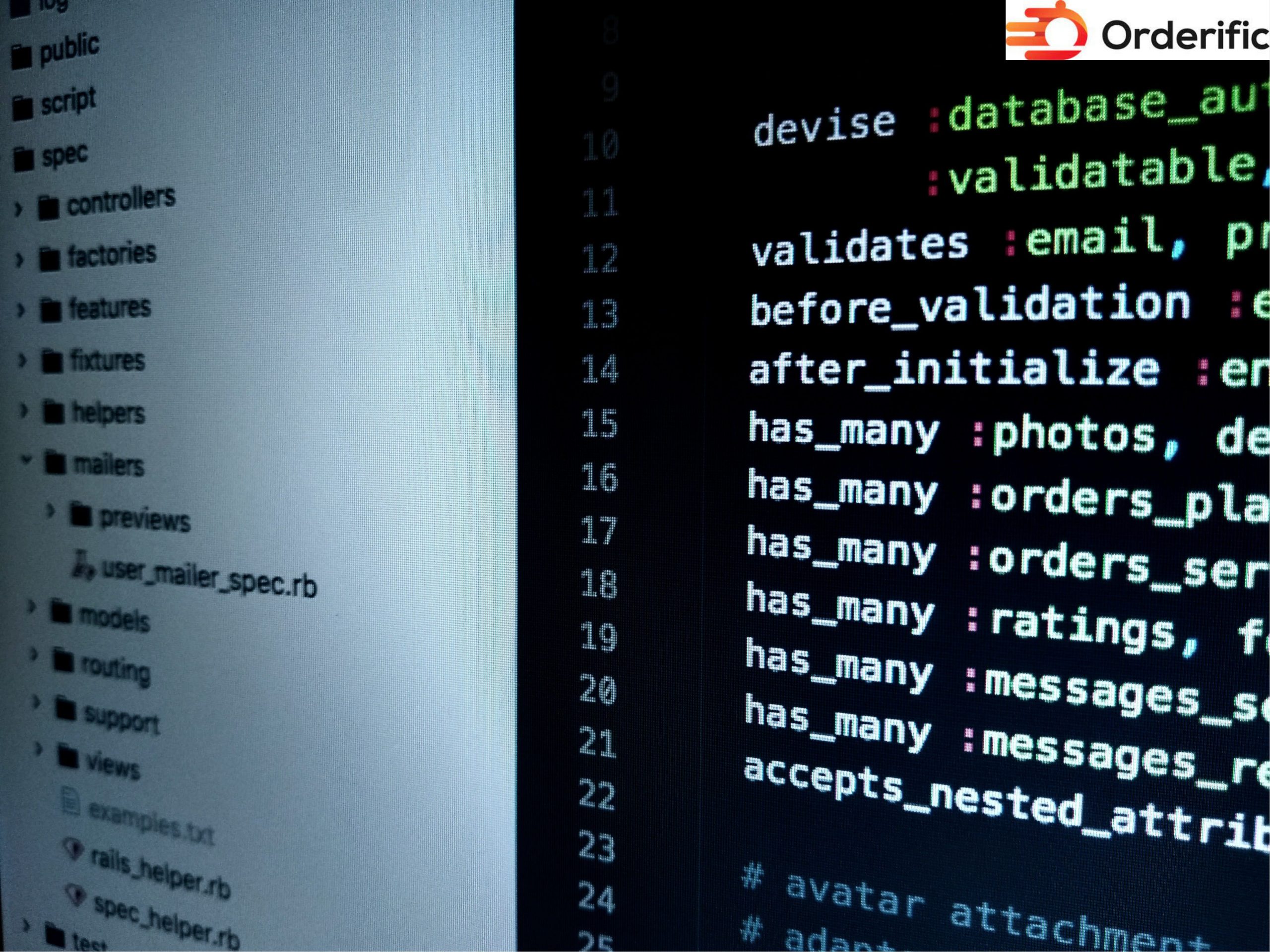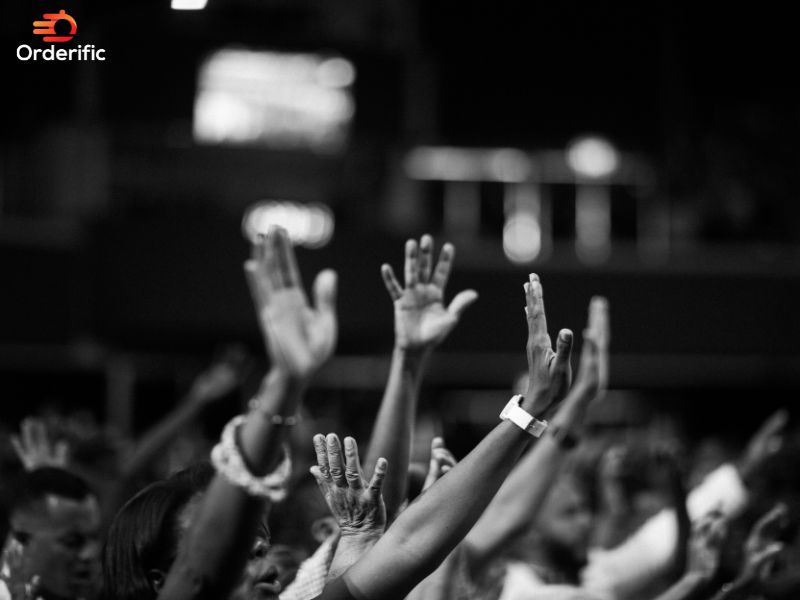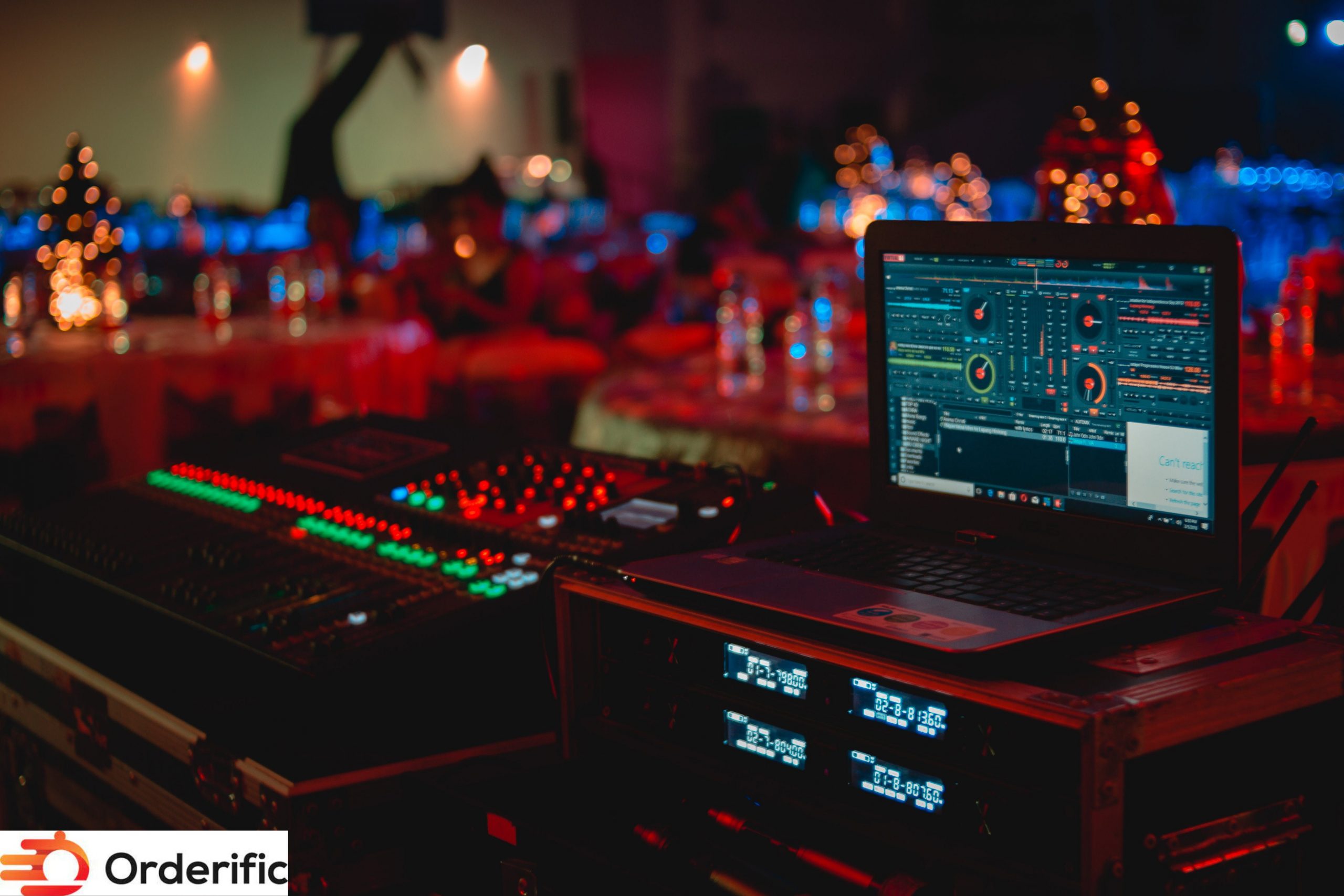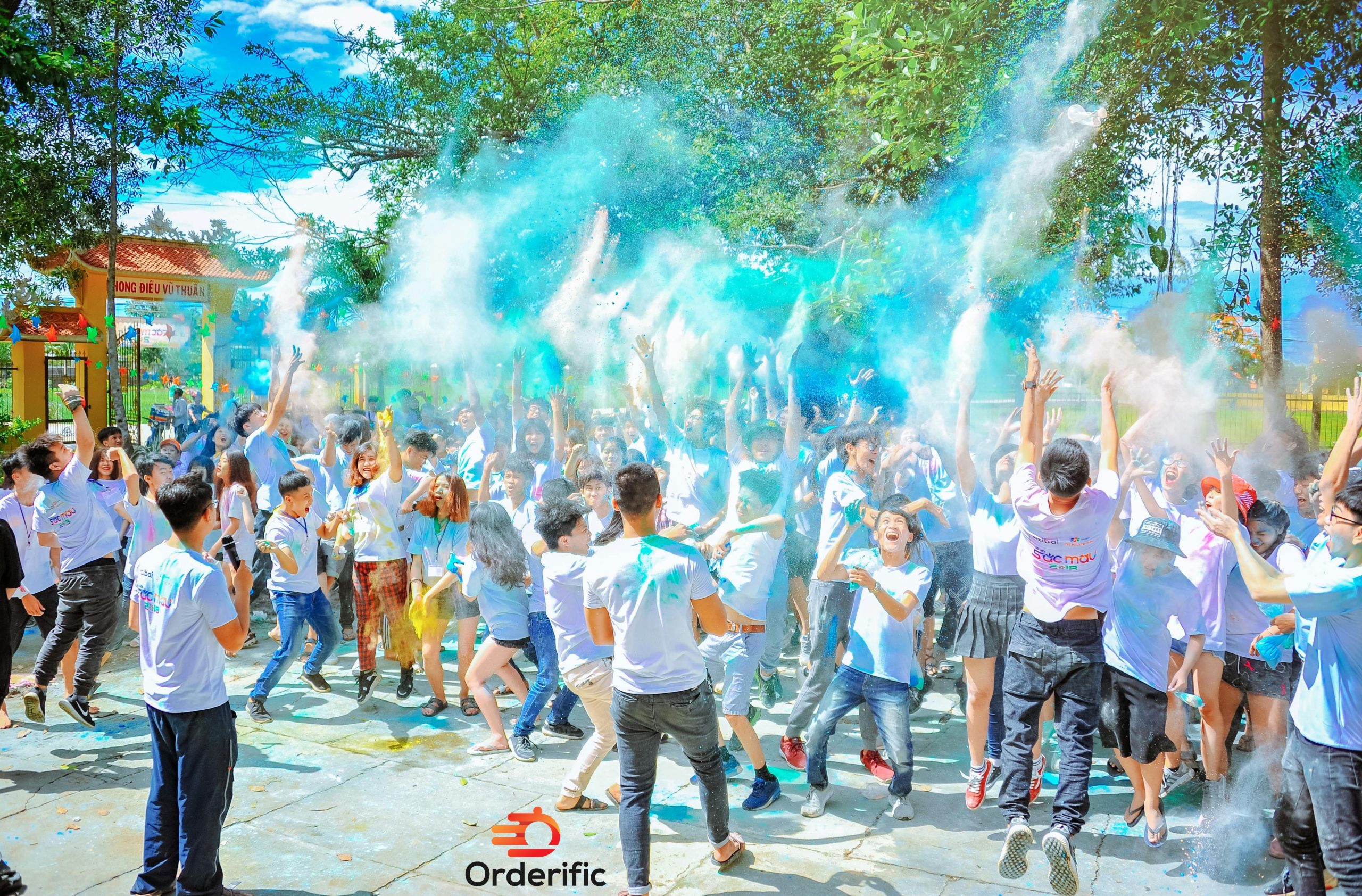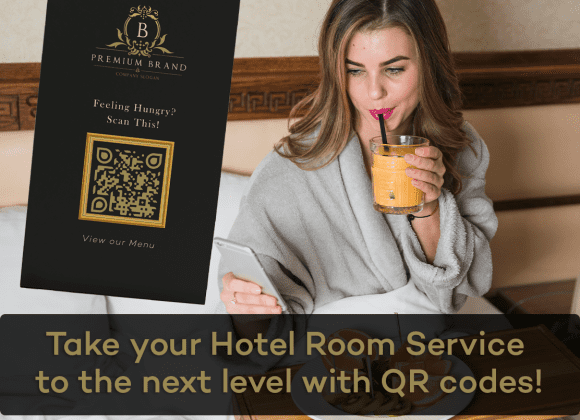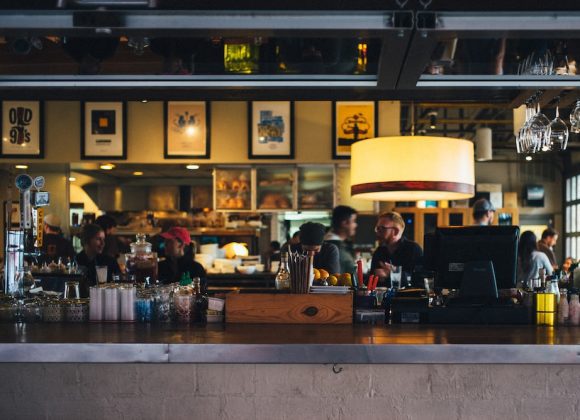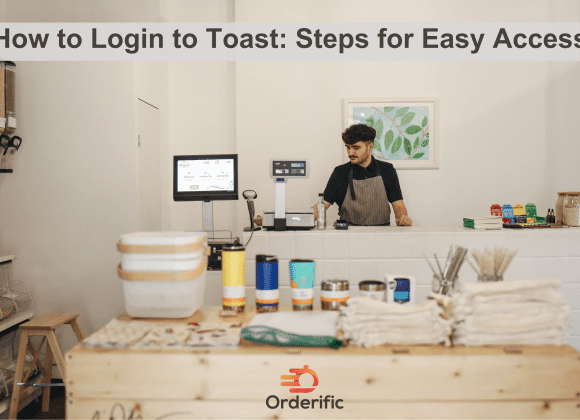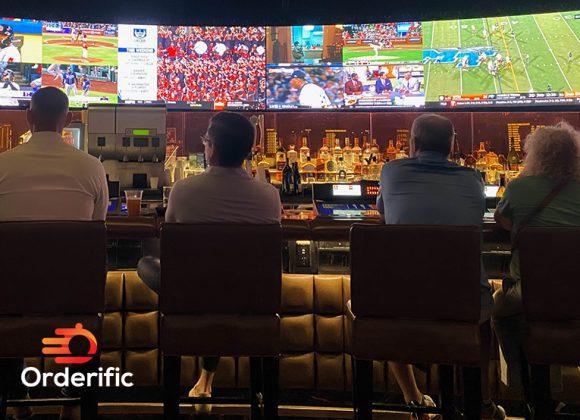Introduction
In the dynamic landscape of the hospitality industry, the significance of incorporating a robust hotel security software cannot be overstated. Such software is a comprehensive property management system, centralizing operations from reservation management to revenue management. A crucial aspect of these systems lies in reinforcing hotel security. In an era where guest satisfaction and direct booking are pivotal, ensuring a secure environment for guests and hotel staff is paramount. Modern software solutions also offer channel manager capabilities, enhancing inventory management and offering hoteliers seamless control over their property. The right hotel management software can revolutionize operations, improve customer service, and boost revenue. With a focus on critical systems like Oracle Hospitality, Maestro PMS, and Little Hotelier, we delve into how these technologies are setting new benchmarks for security in the hospitality industry.
What Is Hotel Security?
Hotel security encompasses a wide range of measures aimed at ensuring the safety of guests, staff, property, and assets within the hospitality industry. It involves implementing effective systems for access control, orchestrating comprehensive property management, and utilizing advanced hotel management software to strengthen overall security protocols. A robust hotel security system goes beyond traditional lock-and-key mechanisms and surveillance cameras—it integrates with a hotel’s property management system (PMS) and channel manager to monitor room accesses, track inventory, and manage reservations and cancellations, providing a seamless and secure guest experience.
The Role of Hotel Management Systems in Security
Hotel management systems, such as Oracle Hospitality, Maestro PMS, and Little Hotelier, are critical in streamlining operations and enhancing security in the hospitality industry. These systems aid in inventory management, housekeeping, direct booking, and revenue management, ensuring efficient hotel operations. Leveraging the power of these software solutions, hotel staff can effortlessly coordinate tasks, manage bookings, and monitor property access, leading to a heightened level of hotel security.
Enhancing Access Control With Modern Software Solutions
Modern hotel management software has dramatically improved access control mechanisms within the hospitality industry. By integrating with the property management system, these software solutions control who can access what areas of the hotel at what times. They can track and record all access-related data, providing hotel management valuable insights to prevent unauthorized access and enhance overall hotel security. Furthermore, solutions like the integrated booking engine provide secure platforms for guests to make direct bookings, ensuring safe and seamless transactions.
Influence of Channel Managers on Hotel Security
Channel managers are integral to modern hotel management systems. They play a significant role in inventory management, helping hoteliers monitor the availability and distribution of rooms across multiple booking channels. This not only ensures optimal revenue management but also adds a layer of security. By preventing overbooking and mismanagement, channel managers contribute to an improved guest experience, ultimately boosting guest satisfaction and customer service.
Impact of Hotel Security on Guest Satisfaction and Revenue
The hospitality industry thrives on guest satisfaction and generating consistent revenue. Effective hotel management and robust security systems significantly contribute to achieving these objectives. A secure environment ensures a positive guest experience, leading to repeat bookings and positive customer feedback. It also protects the hotel’s assets, reducing unwanted expenses due to theft or damage and enhancing revenue management. In the competitive landscape of the hospitality industry, investing in the best hotel management software that prioritizes security can offer a compelling edge.
In conclusion, integrating advanced hotel management software with robust security systems and property management systems is reinventing hotel security. By enhancing access control, facilitating reservation management, and streamlining hotel operations, these software solutions are setting new benchmarks in the hospitality industry. The benefits, tangible in improved guest satisfaction and increased revenue, signal an exciting future for hoteliers.
Why Hotel Security Matters
Hotel security is a pressing concern in the current hospitality landscape, a factor that directly influences a hotel’s reputation, guest experience, and revenue generation. A strong security system safeguards not only the physical premises and assets of a hotel but also the personal safety and privacy of its guests and staff. Ensuring a secure environment cultivates trust among guests, encouraging them to prolong their stay, return for future visits, and recommend the hotel to others, thus boosting its revenue and reputation.
Guest Safety and Security
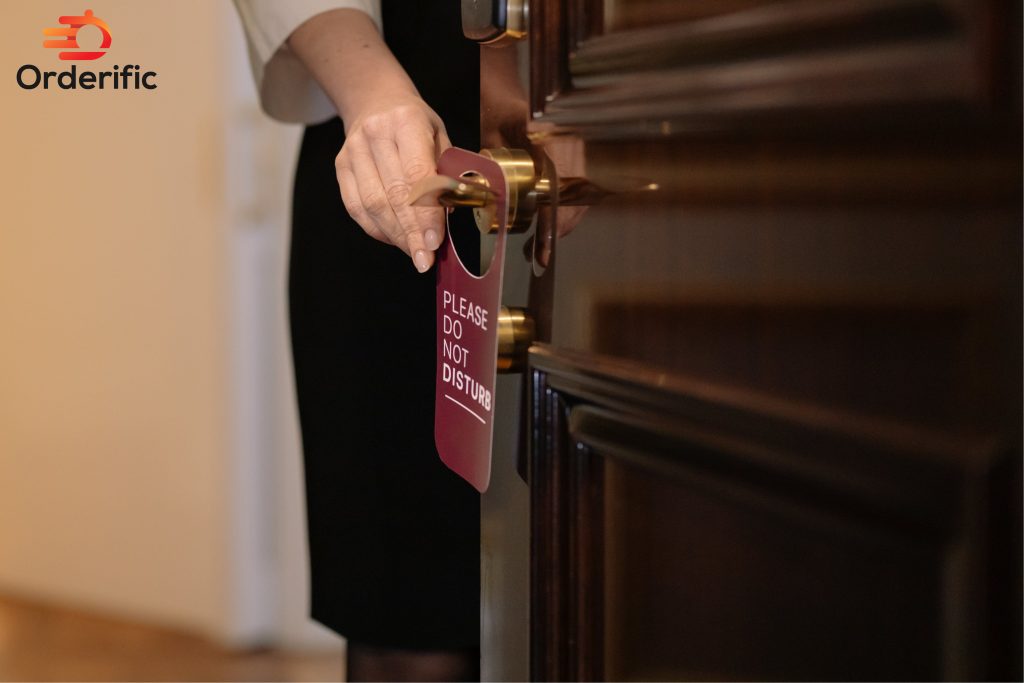
Guest safety is paramount in the hospitality industry. Guests entrust their safety and belongings to the hotel during their stay. Any breach in security, such as theft or unauthorized access to rooms, can deeply tarnish the guest’s experience and the hotel’s reputation. Modern hotel management systems leverage advanced technologies like keycard access, digital check-ins, and surveillance systems to ensure the safety and privacy of guests. These systems meticulously track room accesses, monitor hotel premises, and swiftly alert the hotel staff about any anomalies, contributing to a secure and comfortable stay for guests.
Staff Security and Workflow Management
Hotel staff are the backbone of hospitality operations. Their safety is as crucial as that of the guests. A secure working environment enhances staff morale and productivity, improving guest services and experiences. Modern hotel management systems provide mechanisms for staff to report safety issues, manage tasks efficiently, and communicate effectively within the team. By integrating these software solutions, hotels can ensure a safe and organized work environment.
Asset Protection and Revenue Management
Hotels house a multitude of valuable assets, from rooms and amenities to equipment and artwork. A robust security system protects these assets from theft or damage, saving the hotel from potential financial losses. Integrated hotel management systems provide real-time tracking of assets and inventory, helping in efficient asset management and preventing asset misappropriation. Additionally, these systems assist in revenue management, tracking room bookings, cancellations, and occupancy rates, ensuring optimal revenue generation.
Legal Compliance and Risk Management
Hotels are bound by numerous laws and regulations concerning guest safety, data privacy, and fire safety, to name a few. Non-compliance may lead to hefty fines, legal actions, or, in worst cases, closure of the hotel. Implementing a robust hotel management system ensures compliance with safety regulations and mitigates security risks. These systems can maintain compliance records, manage incident reports, and provide data security, ensuring that hotels operate within legal boundaries.
Building a Trustworthy Brand Image
A hotel’s reputation is built on the experiences it offers to its guests. A secure environment where guests feel safe and valued contributes significantly to a positive guest experience. This, in turn, enhances the hotel’s brand image, making it a preferred choice for travelers. Hotel management systems aid in building this trustworthy image by providing secure booking platforms, ensuring data privacy, and delivering personalized guest services.
To sum up, hotel security is an indispensable aspect of the hospitality industry. It goes beyond the physical safety of premises and incorporates guest safety, staff security, asset protection, legal compliance, and brand image building. Modern hotel management systems, with their advanced features, are proving to be valuable allies in enhancing hotel security, delivering practical solutions to diverse security challenges faced by hotels today.
Top 5 Technical Reasons for Security Vulnerabilities
Poorly Configured Systems and Applications
Poorly configured systems and applications constitute one of the primary technical vulnerabilities in the hospitality industry. These configurations can include improperly set access permissions, default settings left unchanged, or software installed with unnecessary features and services. Such oversights can potentially present open gateways for unauthorized access or malicious attacks, threatening the hotel’s data and network security. Inaccurate configurations can also lead to system performance issues, disrupting the smooth functioning of hotel operations. Hotel management systems like Oracle Hospitality, Maestro PMS, and Little Hotelier help address these issues. These systems ensure that the configuration of software applications aligns with the hotel’s specific security needs and industry best practices. By centralizing control, they enable the hotel’s IT personnel to efficiently monitor and adjust configurations, add or remove services, manage user privileges, and keep systems updated, thereby reducing the vulnerability of hotel systems to potential security breaches.
Insufficient Security Testing
Insufficient security testing is another technical vulnerability that often jeopardizes the security of hotels. Not investing adequate resources in regular and thorough testing of systems and applications leaves them open to potential security threats and data breaches. Effective security testing involves routinely assessing the systems for vulnerabilities, performing penetration testing, and conducting security audits. It calls for a proactive approach to identify and patch vulnerabilities before they can be exploited. Implementing regular security testing maintains the integrity of the hotel’s data, safeguards its digital assets, and upholds the privacy of guests’ information. Modern hotel management systems support these testing processes by providing features for automated testing, vulnerability scanning, and security audits. They help in maintaining a strong security posture, ensuring that the hotel management system remains resilient against potential cyber threats.
Inadequate Security Monitoring
Inadequate security monitoring is a prevalent technical vulnerability within the hospitality industry. A lack of active, real-time monitoring leaves a hotel’s systems susceptible to cyber threats, data breaches, and unauthorized access. Many hotels lack full-time security monitoring, leaving their systems unattended and vulnerable. Advanced hotel management systems, empowered with AI and machine learning, have addressed this issue by providing continuous, automated security monitoring. These systems can detect abnormal activities or patterns, send instant alerts, and, in some cases, neutralize threats automatically. Ongoing security monitoring ensures the resilience and integrity of hotel operations, protects sensitive guest and staff data, and helps maintain a high standard of security across the hotel’s digital infrastructure.
Lack of Incident Response Plan
The lack of an incident response plan is a significant technical vulnerability in the hospitality industry. When an unexpected security incident occurs, like a data breach or system outage, the capacity to respond swiftly and effectively is essential. Without a detailed incident response plan, hotels can face delays in resolving the issue, which could lead to severe damage and loss. However, modern hotel management systems assist in creating and implementing comprehensive incident response plans. These plans typically outline the steps to be taken when a security incident is detected, including identification, containment, eradication, recovery, and post-incident analysis procedures. The software also provides tools for real-time communication during an incident, ensuring prompt action and minimal disruption. Therefore, having a robust incident response plan facilitated by a hotel management system is crucial to counteract security incidents efficiently and maintain the trust of guests and staff.
Lack of Secure Software Development Life Cycle (SSDLC)
The Software Development Life Cycle (SDLC) is crucial in the hospitality industry, dictating how software systems are planned, designed, built, and maintained. However, a common vulnerability lies in not fully integrating security considerations throughout this cycle, leading to creation of software that may be structurally weak against cyber threats. Secure software development life cycle (SSDLC) addresses this issue by incorporating security checks, reviews, and testing from the initial stages of development. It ensures that every phase of the development process is underpinned by robust security protocols, minimizing the risk of vulnerabilities and data breaches. Advanced hotel management systems support the implementation of SSDLC, providing tools and frameworks that help maintain a stringent focus on security during software development. By adopting SSDLC, hotels can enhance their resilience against potential cyberattacks and uphold the security and privacy of their guests and staff.
Features of Hotel Security Systems You Shouldn’t Overlook
The landscape of hotel security is multifaceted, with several features playing crucial roles in ensuring an optimum level of safety for guests, staff, and assets. Here are some key features that hoteliers should not overlook when implementing or upgrading their hotel security systems.
1. Advanced Access Control
Access control is a cornerstone of hotel security, determining who can access what within the hotel’s premises. Modern hotel management systems offer advanced access control features, restricting unauthorized entries into guest rooms, staff areas, and storage rooms housing valuable assets. Keycard systems, mobile access controls, biometric systems, and video intercoms are some technologies that are redefining access control in hotels. They ensure that only authorized personnel can access restricted areas, protecting against potential theft or damage.
2. Integrated Security Cameras
Integrated security cameras are a critical component of a robust hotel security system. They provide real-time surveillance of the hotel’s premises, enabling management to monitor activities in common areas, entrances, exits, and corridors. Modern video surveillance systems offer advanced features like motion detection, facial recognition, automatic alerts, and remote viewing capabilities. These features greatly enhance a hotel’s ability to detect and respond to security threats promptly.
3. Automated Guest Check-In/Check-Out
Automated guest check-in/check-out is another feature that hoteliers should not overlook. It not only enhances guest convenience but also contributes to hotel security. By automating check-in/check-out processes, hotels can effectively manage room assignments, keep track of guest arrivals and departures, and reduce the chance of human errors. Additionally, it offers opportunities for data encryption and secure payment processing, safeguarding guest data and financial information.
4. Incident Management Tools
Incident management tools are essential to handle unexpected security issues or emergencies. These tools allow hotels to respond to incidents swiftly, manage the recovery process, and analyze the cause of the incident to prevent future occurrences. They offer features like real-time communication, task assignment, incident logging, and analysis, ensuring a quick and organized response to security incidents.
5. Data Security Measures
Lastly, data security measures are vital in hotel security, protecting sensitive guest and business information from potential cyber threats. Firewalls, encryption technologies, secure payment gateways, and robust user authentication methods are some data security measures that hotels should implement. These measures protect guest data privacy, financial transactions, and business data, maintaining the hotel’s reputation and compliance with privacy laws.
In conclusion, hotel security is a complex domain requiring a comprehensive approach beyond physical security. Incorporating these advanced features in their security systems will enable hotels to provide a safe and secure environment for their guests, protect valuable assets, ensure efficient hotel operations, and uphold their brand reputation in the competitive hospitality industry.
How to Find the Suitable Software for Hotel Security
Finding the right security software for a hotel is a critical task that can significantly impact the efficiency of operations, security of guests and staff, and the overall reputation of the hotel. Given the myriad of software solutions available in the market, making an informed choice can be challenging. The following are some steps hoteliers can take to select the most suitable software for their specific needs.
Understanding Your Security Needs
The first step towards selecting the right software for hotel security is understanding your security needs. Furthermore, These needs can be ascertained by conducting a comprehensive security audit of your hotel. This audit should cover physical security, data security, compliance requirements, and operational security. It should consider the size of your hotel, the volume of guests, the location, and any specific threats your hotel might be facing. So, With this information in hand, you can start looking for software solutions that address your specific needs.
Comparing Different Software Solutions
Once you have identified your needs, the next step is to compare different software solutions available in the market. Look for software that specifically caters to the hospitality industry, as they are likely to be more equipped to handle the unique challenges of this sector. Compare the features, capabilities, ease of use, and scalability of different solutions. Consider the software’s ability to integrate with other systems in your hotel, such as the property management system or the booking system. Also, consider the level of support offered by the software provider.
Evaluating Vendor Reputation and Reliability
The reliability of the software provider is another important consideration. Research the reputation of the software vendors you are considering. Read customer reviews and case studies and check their track record in the hospitality industry. Hence, A reliable vendor should provide prompt and effective customer support, regular software updates, and a clear roadmap for future enhancements to the software.
Considering the Cost of the Software
Cost is another factor to consider when choosing security software. Be sure to understand the total cost of ownership of the software, which includes the initial purchase price, installation costs, training costs, maintenance fees, and potential upgrade costs. So, Opt for a software solution that provides a good balance between cost and value.
Testing the Software Before Implementation
Finally, before making a final decision, it is advisable to test the software. Most reputable software providers offer a free trial or a product demo. Use this opportunity to evaluate the software’s performance in a real-world setting. Hence, Check for any glitches, assess the interface’s user-friendliness, and ensure it integrates seamlessly with your existing systems.
Choosing the right software for hotel security is a critical decision that can significantly impact the safety and efficiency of your operations. Therefore, it is essential to take the time to understand your needs, conduct thorough research, and make an informed choice.
Conclusion
In the ever-evolving landscape of the hospitality industry, ensuring robust hotel security is of paramount importance. Modern software solutions are transforming how hotels approach security, making it more efficient, comprehensive, and reliable. Utilizing advanced access control, integrated security cameras, automated guest check-ins/check-outs, incident management tools, and data security measures can significantly enhance a hotel’s security posture. Choosing the right security software, however, requires a clear understanding of your security needs, a comprehensive comparison of available options, careful consideration of vendor reputation and cost, and rigorous testing before implementation. Hence, By integrating robust security measures, hotels can create a safe environment for guests, optimize operations, and uphold their brands’ credibility in the fiercely competitive market.
Are you ready to revolutionize your hotel’s security with cutting-edge software solutions? So, Get in touch with Orderific today to schedule a demo and take a step forward in safeguarding your guests, staff, and assets.
FAQs
Why is security important in hotels?
Security is essential in hotels to ensure the safety of guests, staff, and property and to maintain the hotel’s reputation.
How does hotel software work?
Hotel software manages hotel operations, from reservations and check-ins to billing and reports.
What software does hotel security use?
Hotel security uses software like property management systems, access control systems, and video surveillance systems.
What are things to consider when choosing hotel security software?
Considerations should include understanding your security needs, comparing different software solutions, evaluating vendor reputation, considering costs, and testing the software before implementation.


